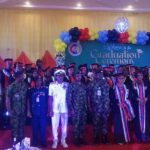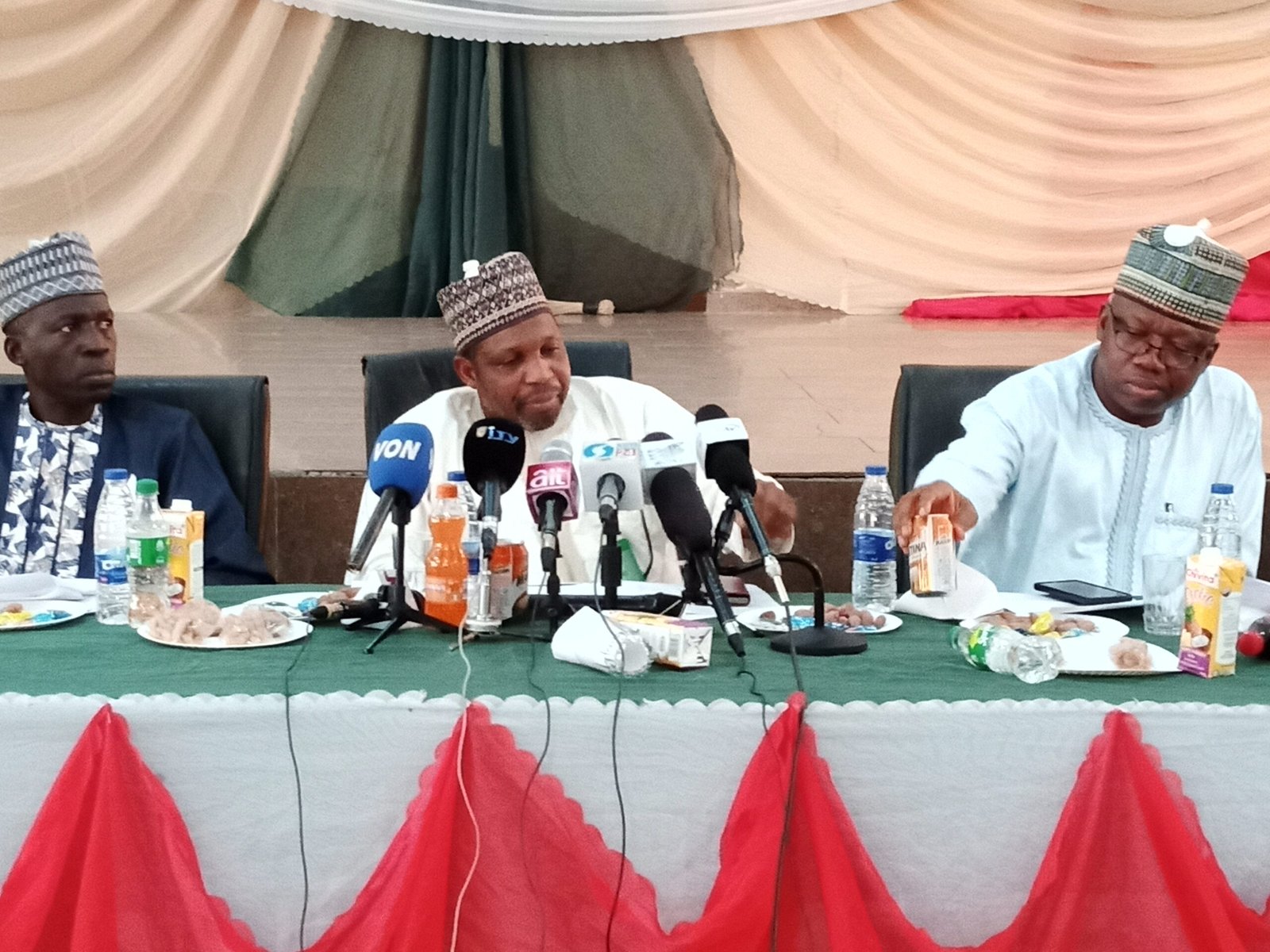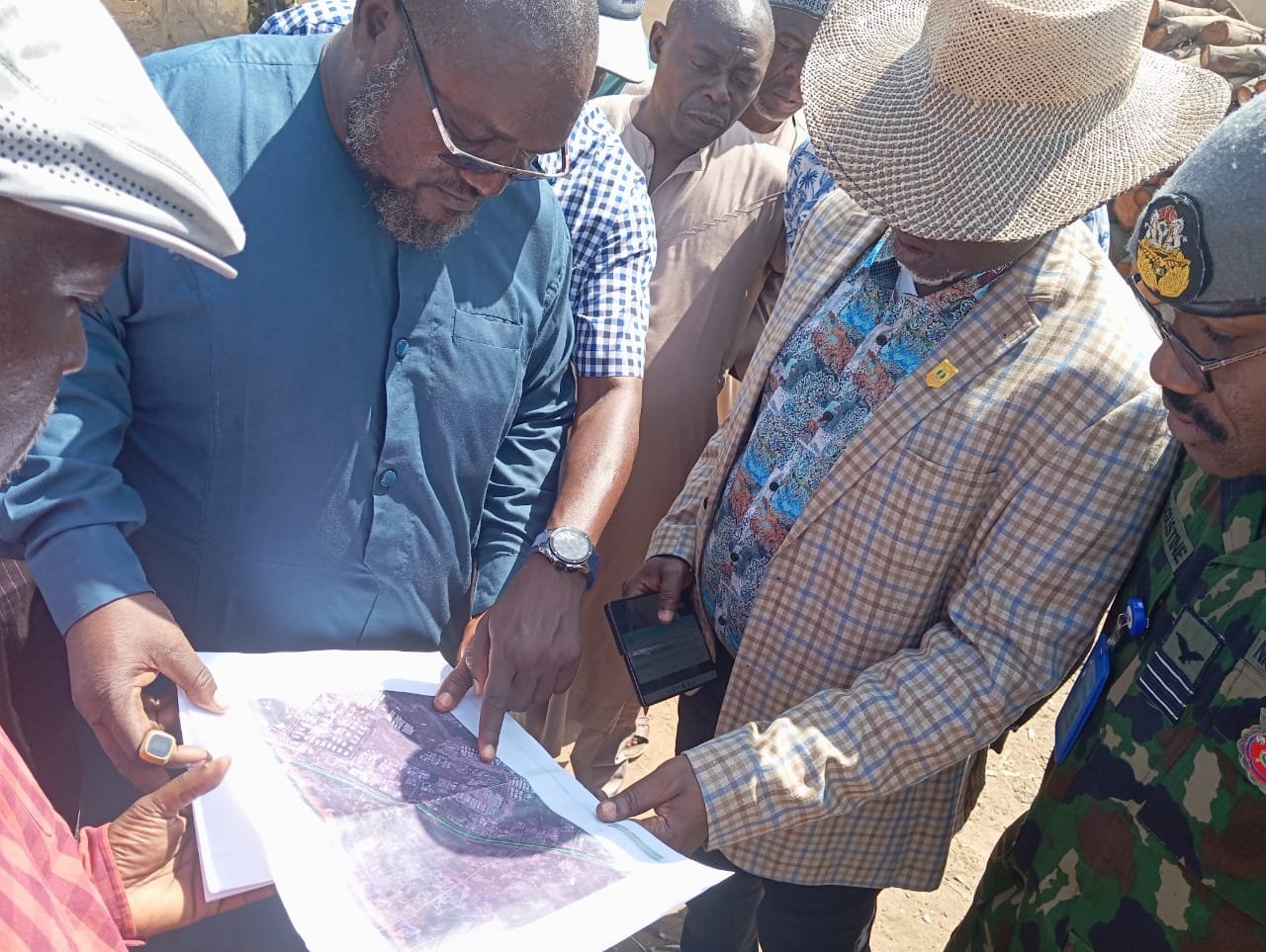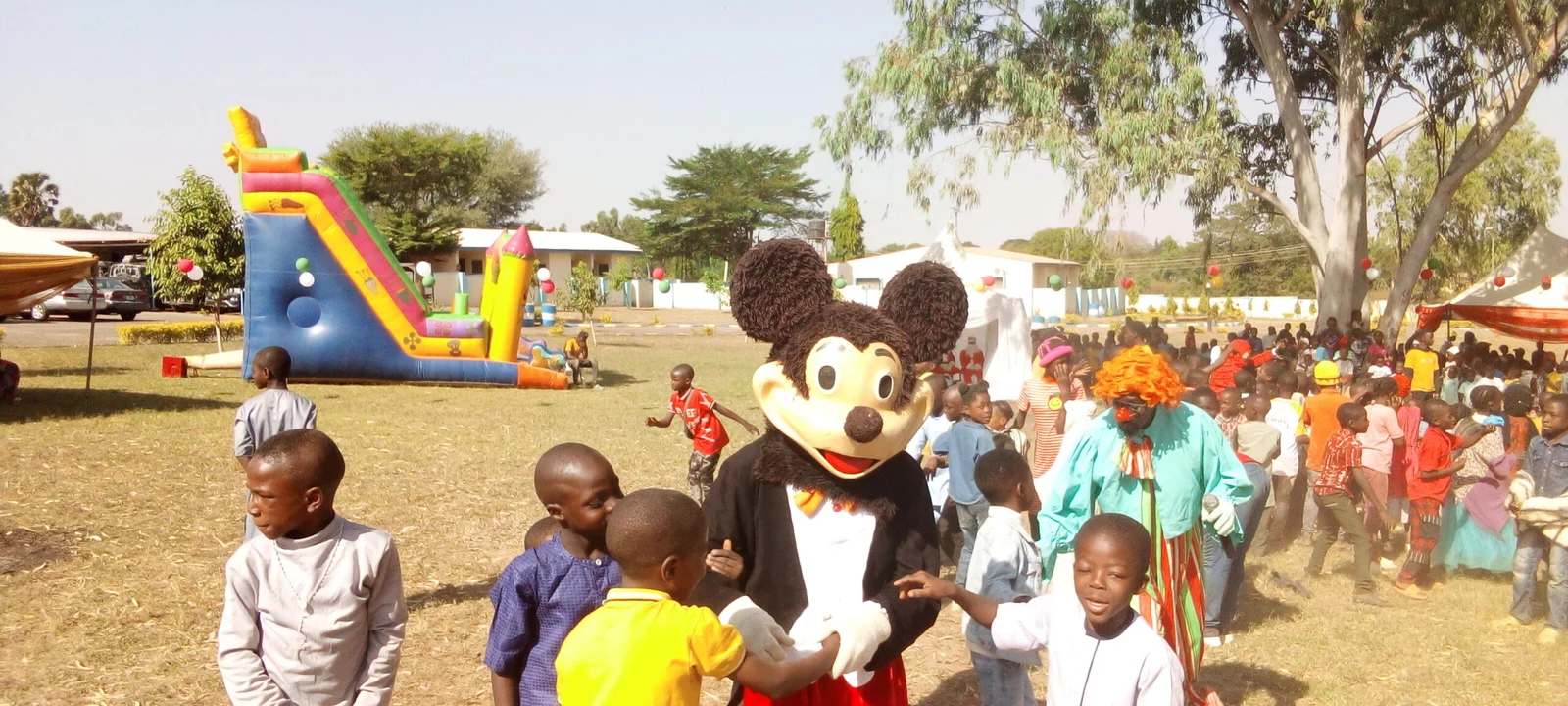FCTA constructs 108 classrooms, renovates 277 others in 2023 – Secretary
By Philip Yatai The Education Secretariat of the Federal Capital Territory Administration (FCTA) says it has constructed 108 classrooms and rehabilitated 277 others in 2023. The Mandate Secretary of the secretariat, Dr Danlami Hayyo, said this during the secretariat’s 17th end-of-year media briefing in Abuja on Tuesday. Hayyo added thatContinue Reading





















